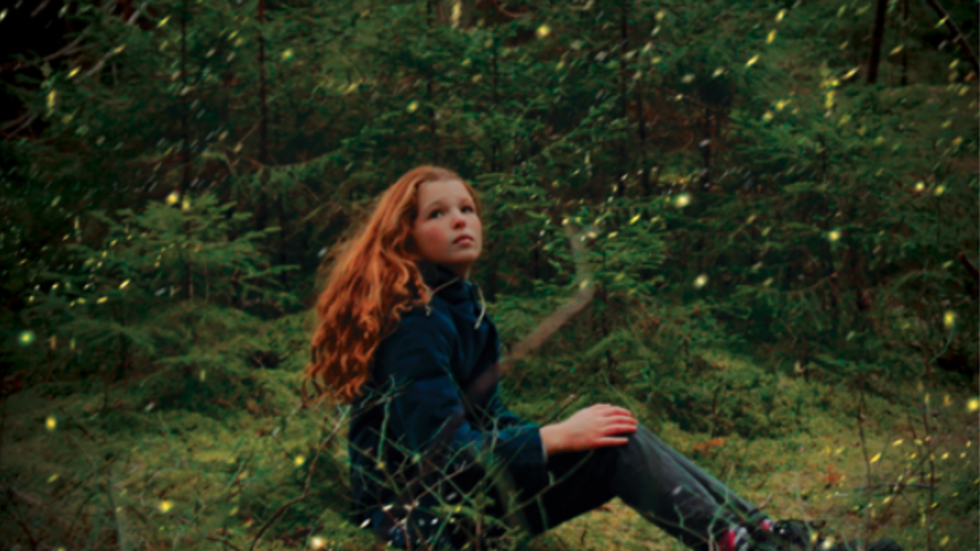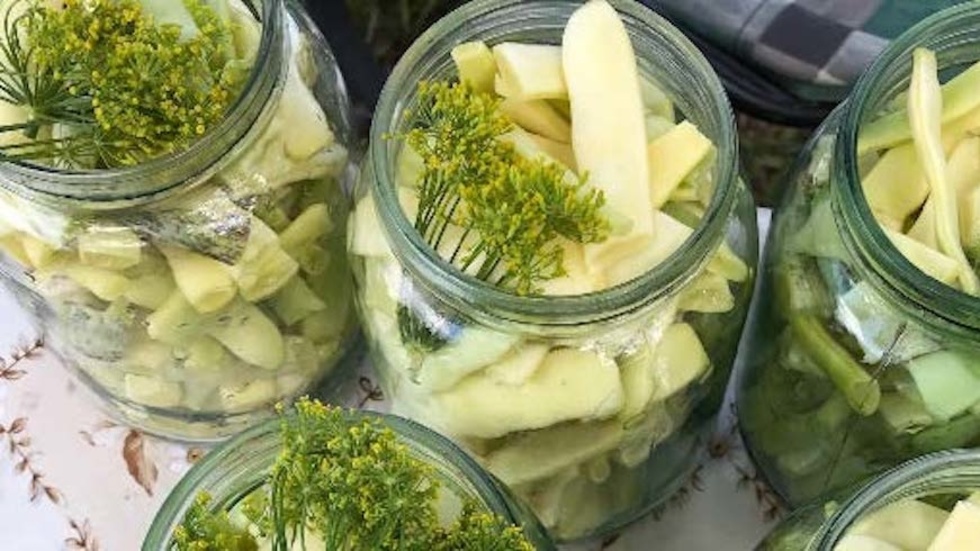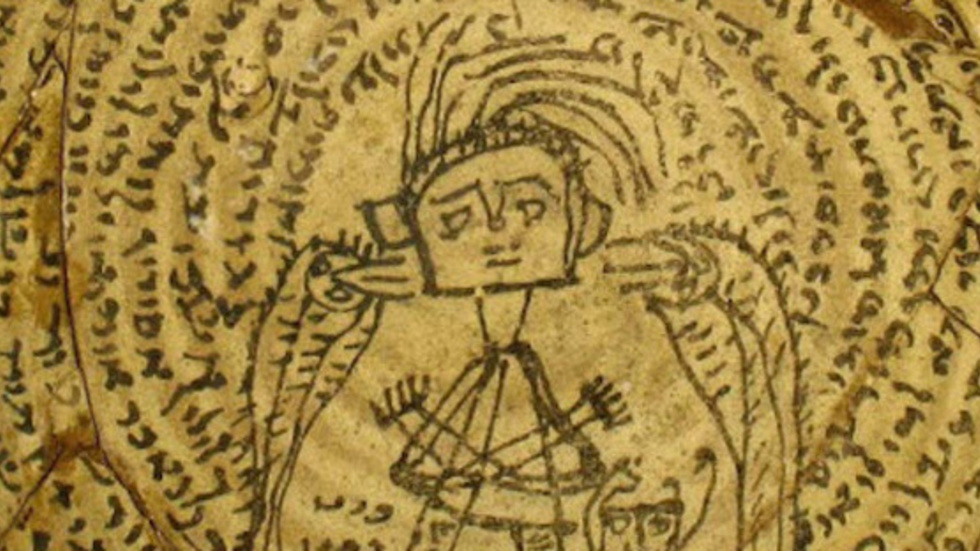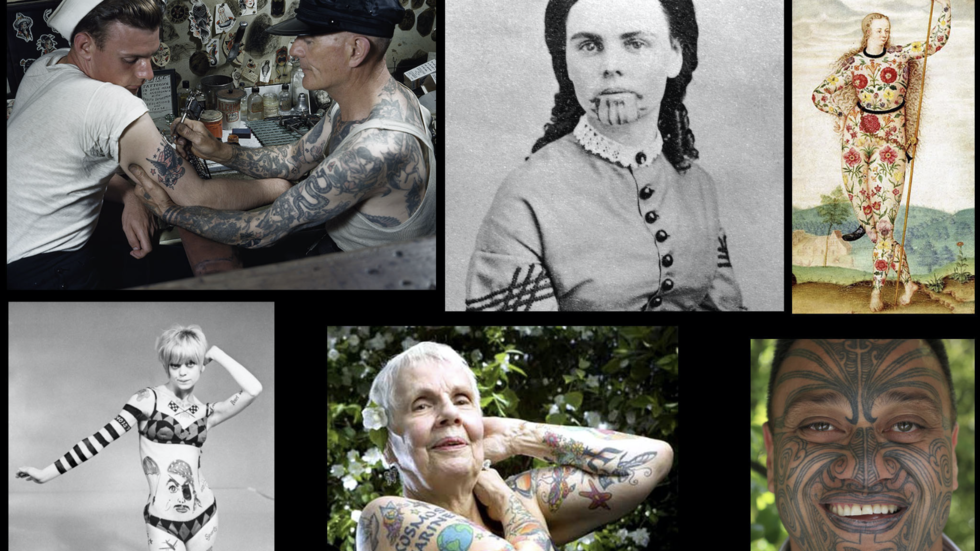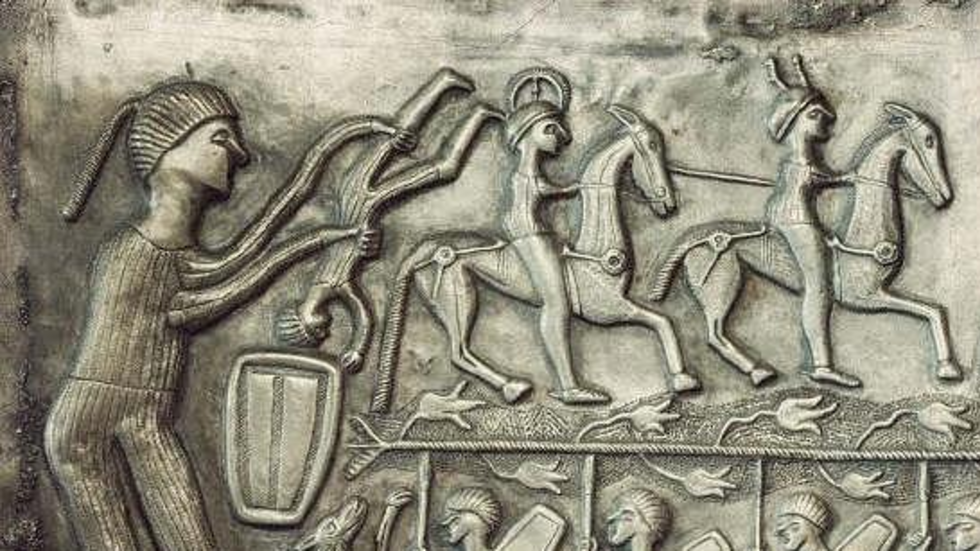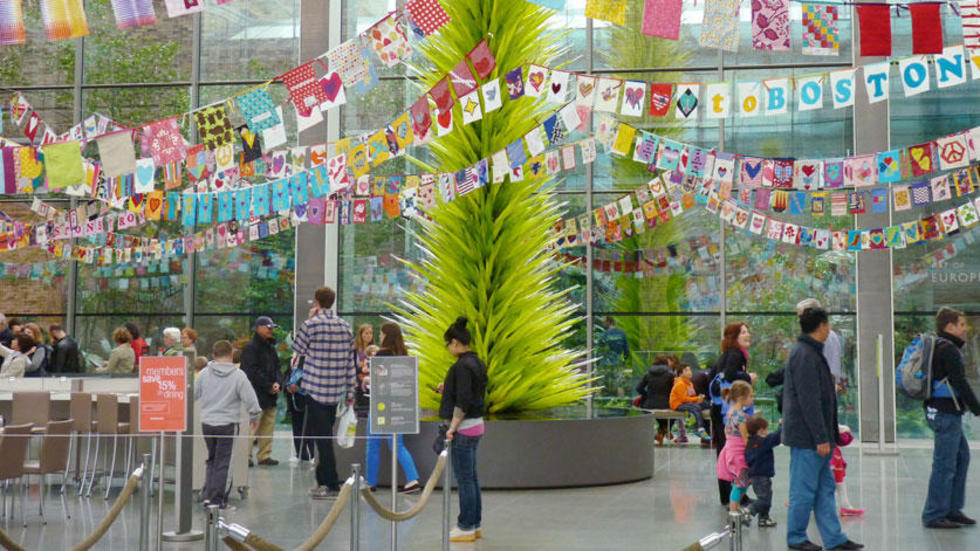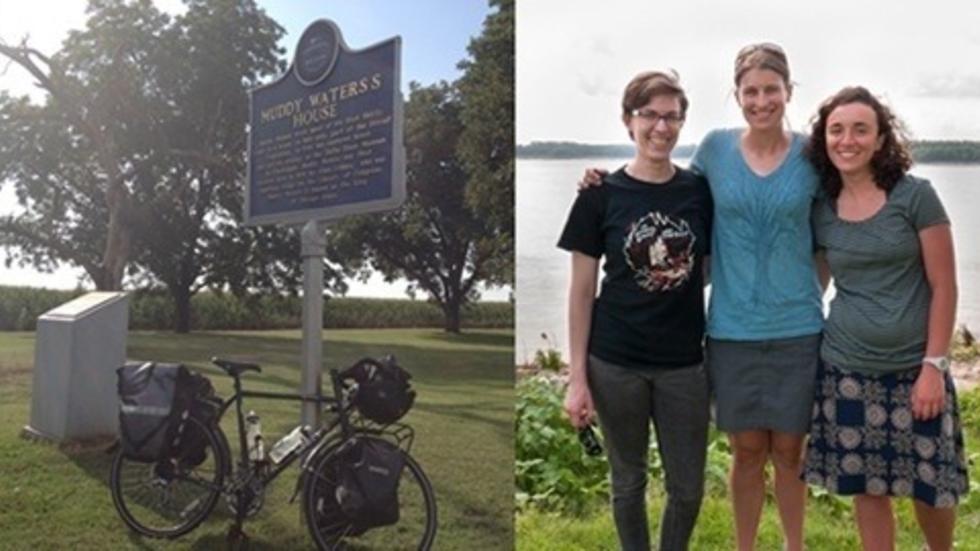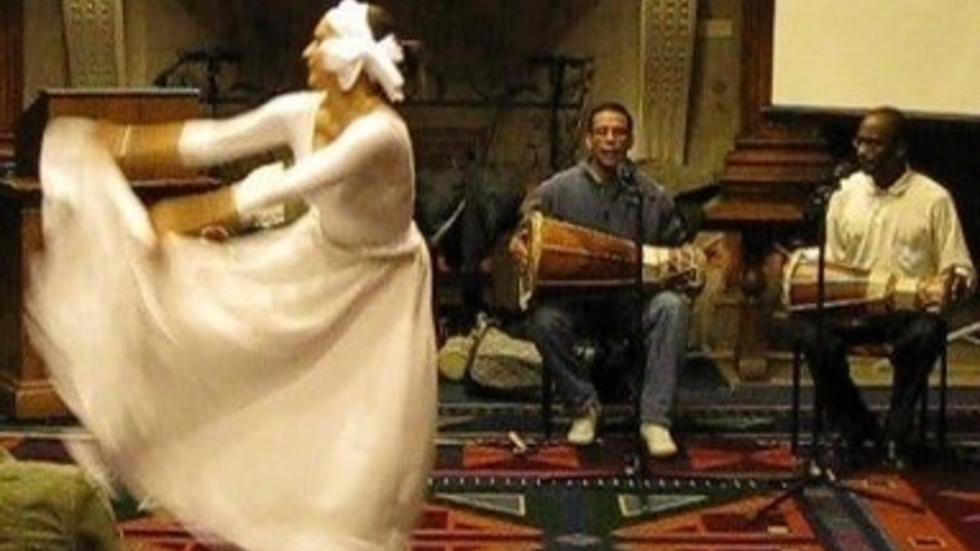Folklore and Mythology from Michael Oliveri on Vimeo.
Welcome!
The concentration in Folklore and Mythology is a liberal education in itself, and although most graduates of the program go on to successful careers in medicine, law, business, journalism, and other pursuits, an unusually large number of our alumni and alumnae teach and conduct research in a variety of academic departments.
This concentration focuses on the study of society, past or present, through its cultural documents and artifacts, and uses a variety of methodologies drawn from the humanities and social sciences. To concentrate on a society's folklore and mythology (at local, regional, national, or even trans-national levels) is to understand how that society defines itself through through its myths, legends, epics, ballads, folktales, beliefs and other cultural phenomena including music, food, dance, drama, dress, rituals, festival celebrations, and everyday expressive practices. To study the folklore and mythology of any group is to discover how that group identifies itself in relation to others.
Founded in 1967 and the oldest undergraduate degree program in the field in this country, Folklore and Mythology at Harvard has produced many distinguished graduates. Students often form mutually supportive groups; student-faculty contact is by tradition — and structure — very close; and collegiality within the program is highly valued. Concentrators conduct independent research on the material, oral, written, or performed forms of folklore and mythology in their areas of specialization, which range greatly across time and space. (More…)
"My professional goals are to make sense of nonsense, find a rationale for the irrational, and seek to make the unconscious conscious."
(Alan Dundes)
"Cultures are, after all, collective, untidy assemblages authentificated by belief and agreement, focused only in crisis, systemitized after the fact."
(Barbara Myerhoff)
"Fieldwork involving other people is one of the most intensively personal kinds of scholarly research I know."
(Bruce Jackson)
“Folklore is the boiled-down juice, or pot-likker, of human living”
(Zora Neale Hurston)
F&M, An Interdisciplinary Approach to Academics & Life
Folk & Myth Headlines
Jaspreet Kaur '21 wins the Taliesin Prize for Distinction in the Art of Learning
Audrey Pettner '21 wins the Taliesin Prize for Distinction in the Art of Learning
Cecil Williams II '20 wins the Taliesin Prize for Distinction in the Art of Learning
Isabel Parkey '20 elected to Phi Beta Kappa
Prof. Stephen Mitchell wins 2019 Jarl Gallén Prize
Professors Tatar and Gates win 2018 NAACP Image Award for "The Annotated African American Folktales"

